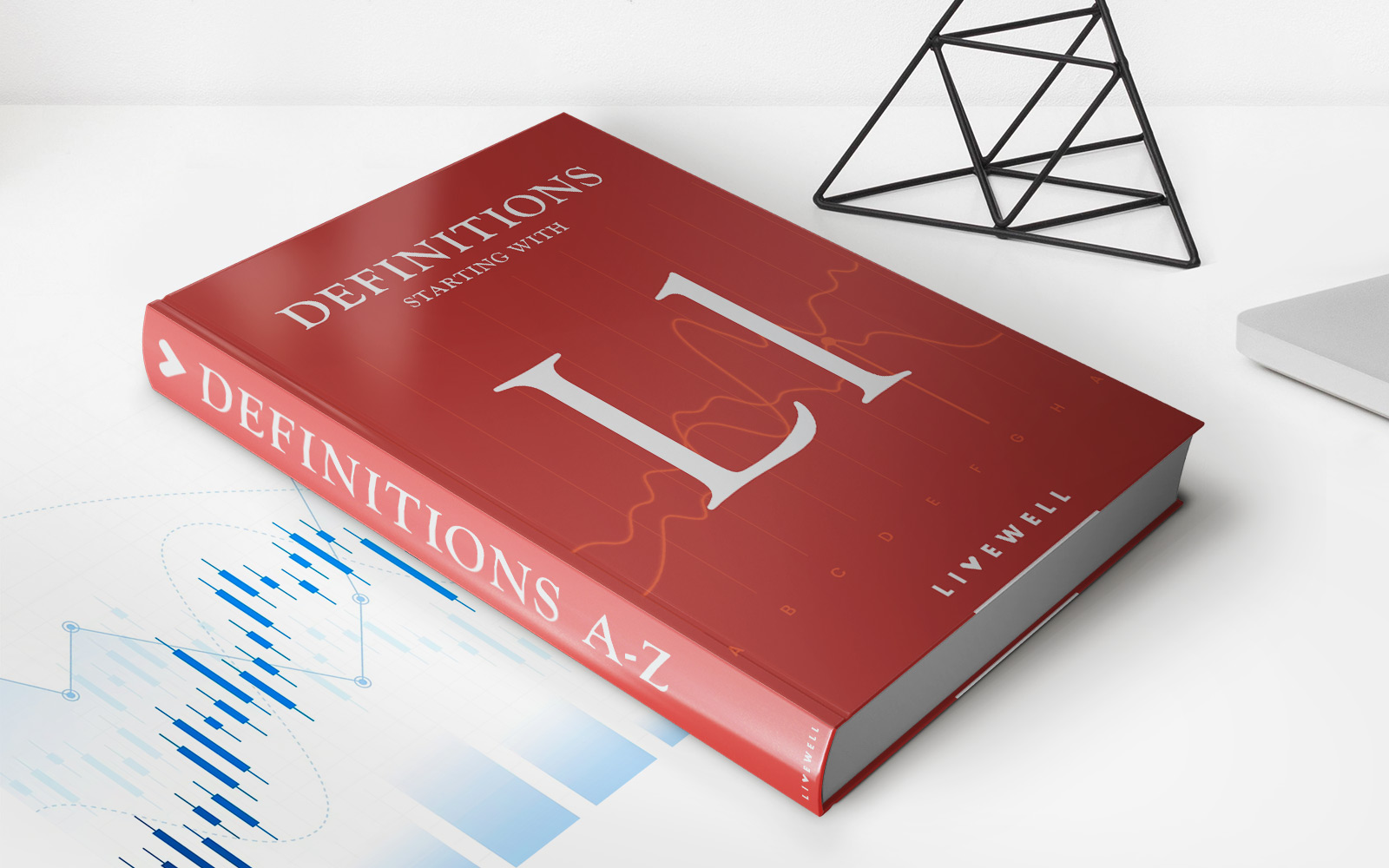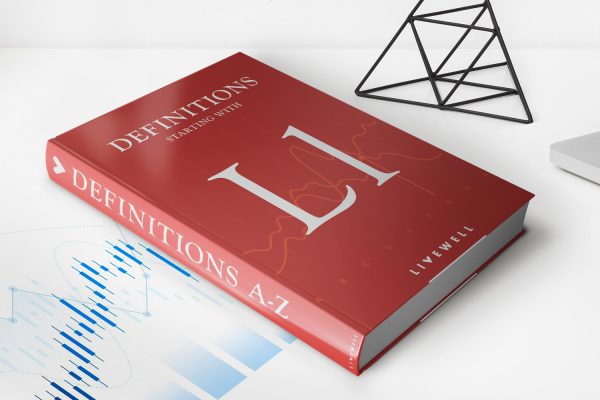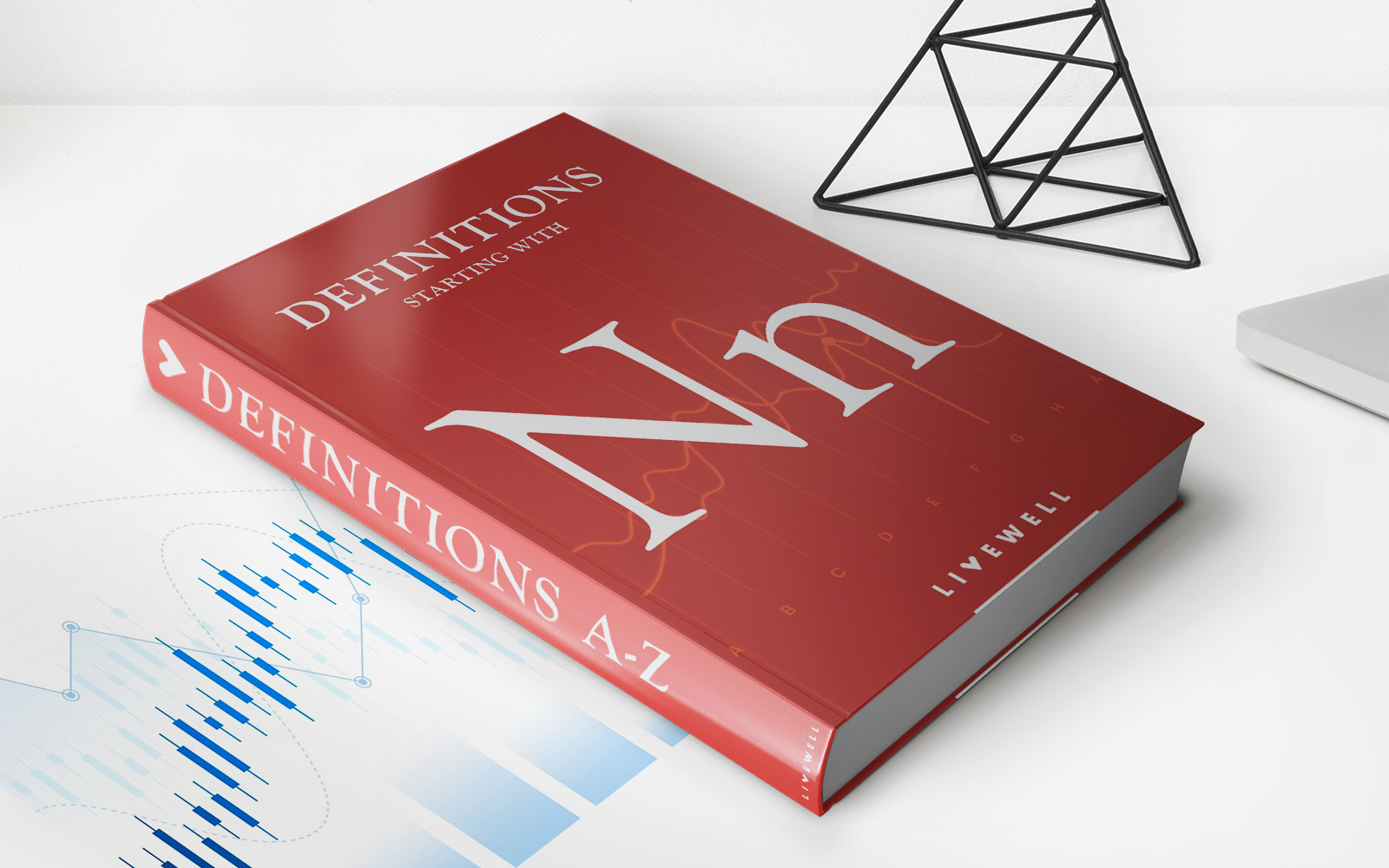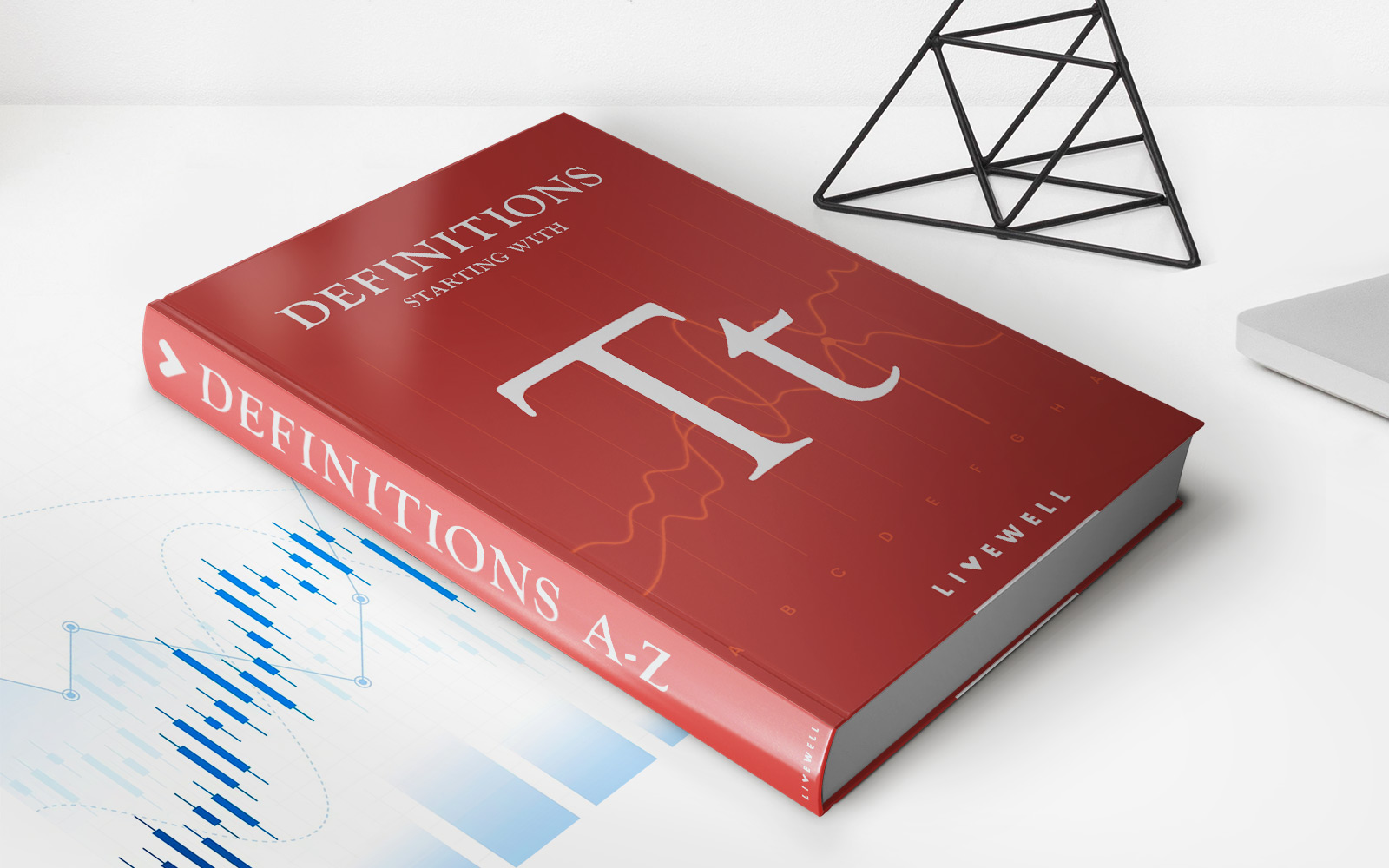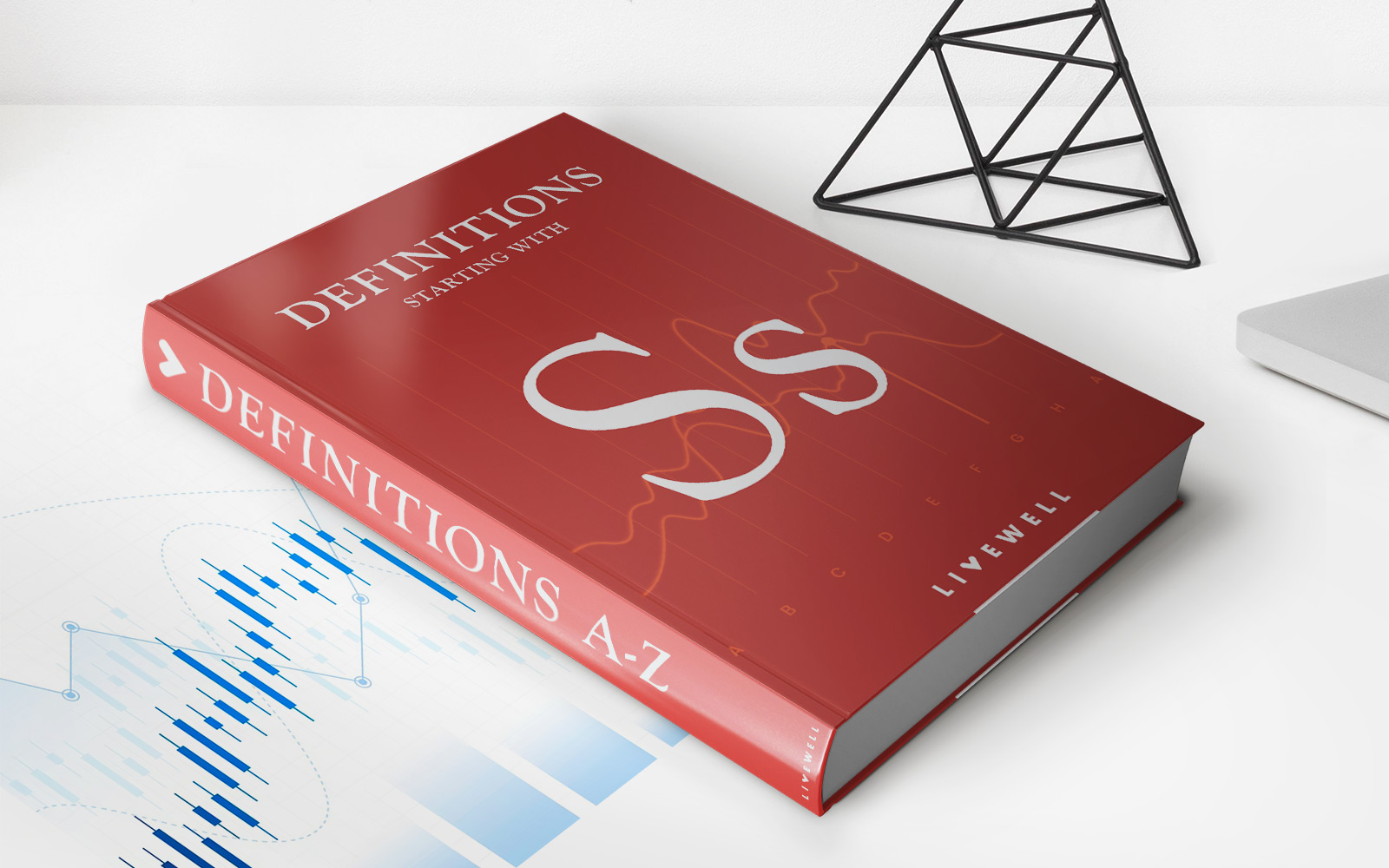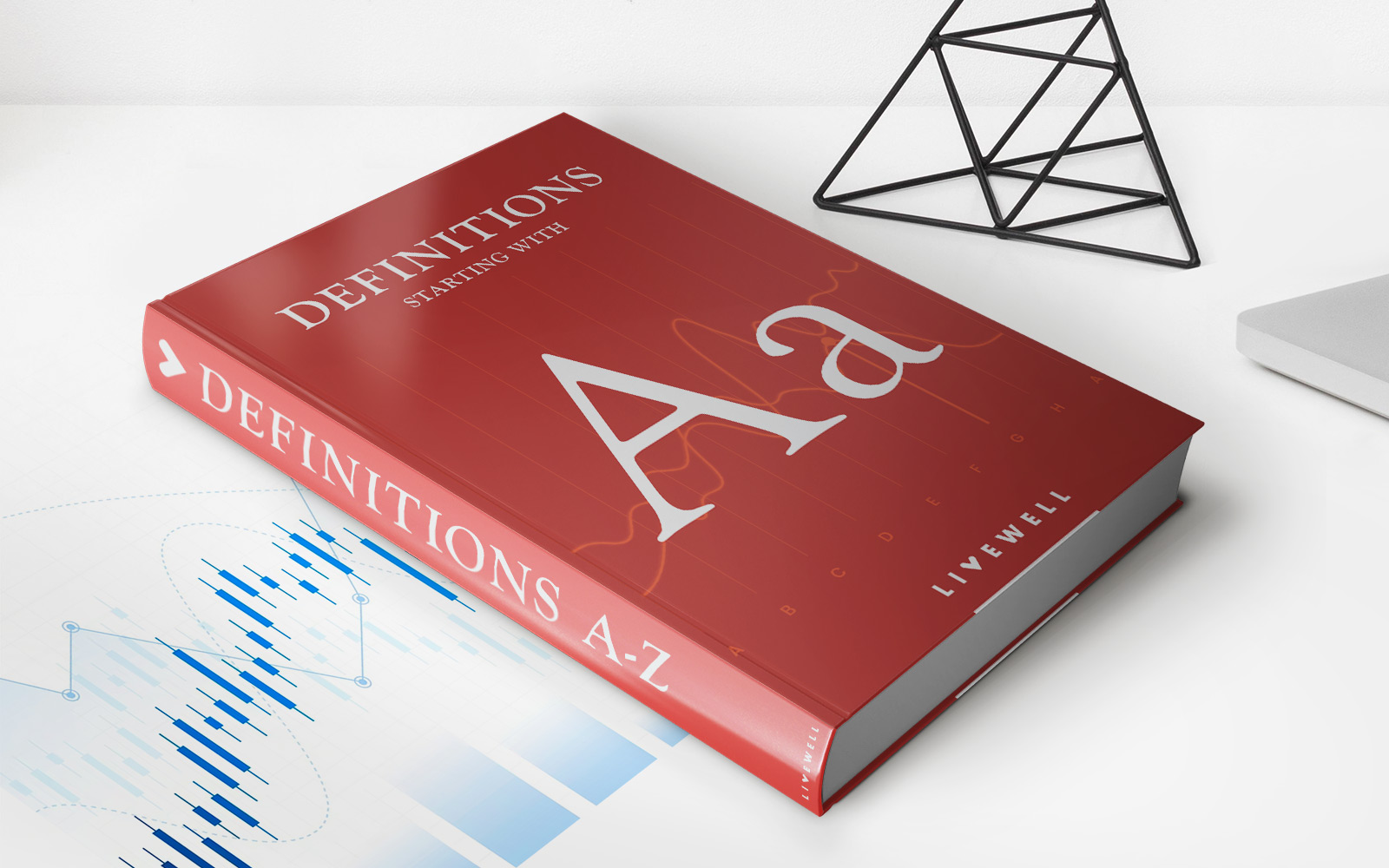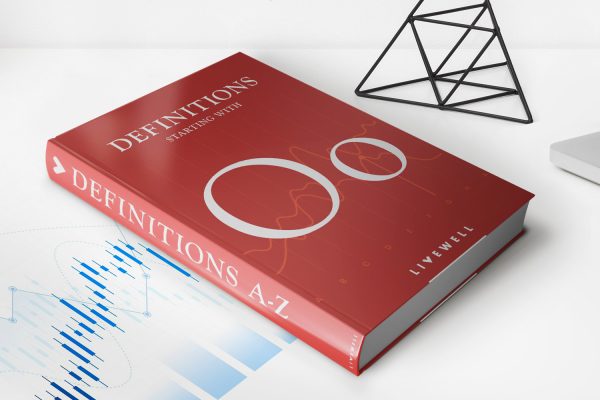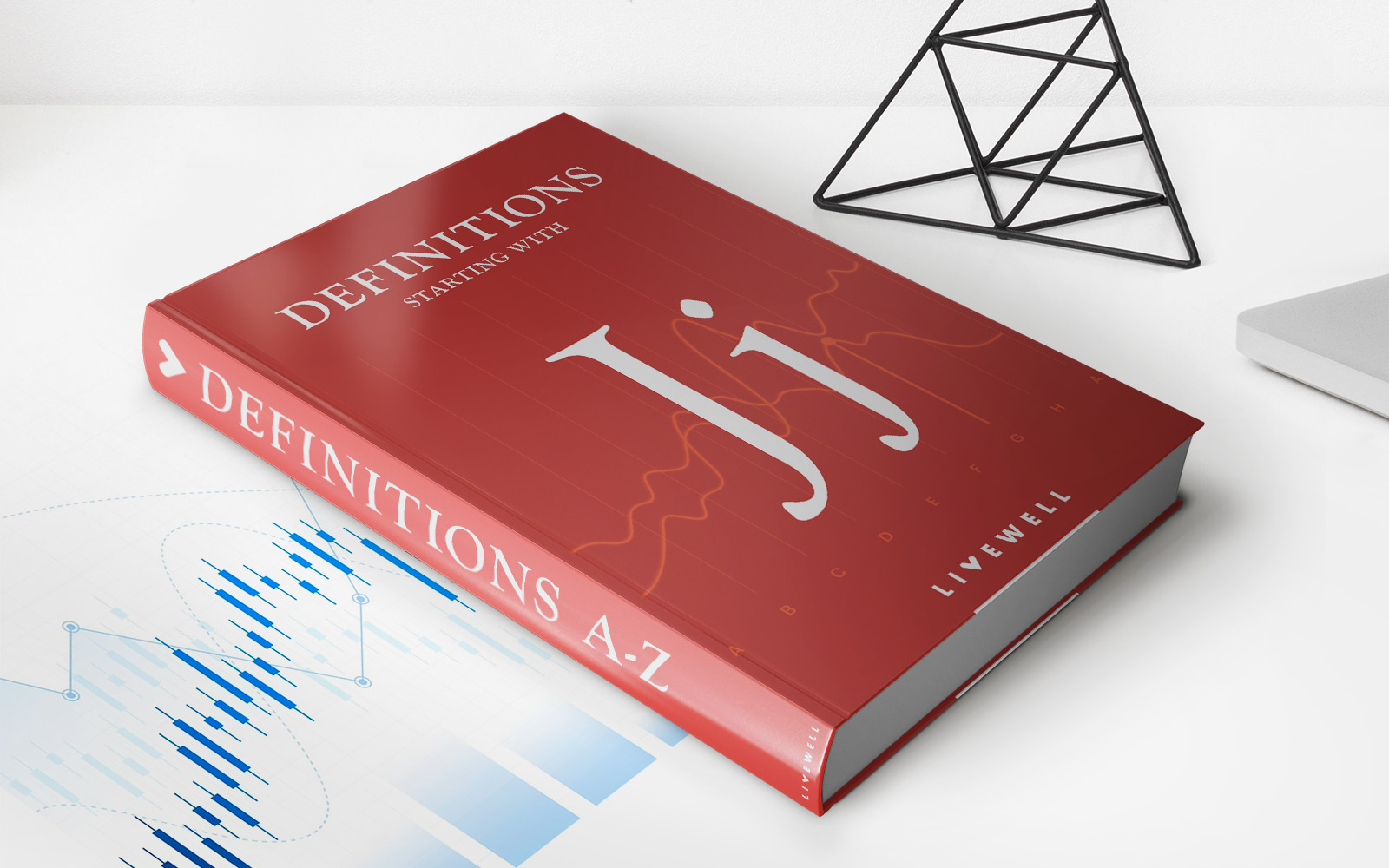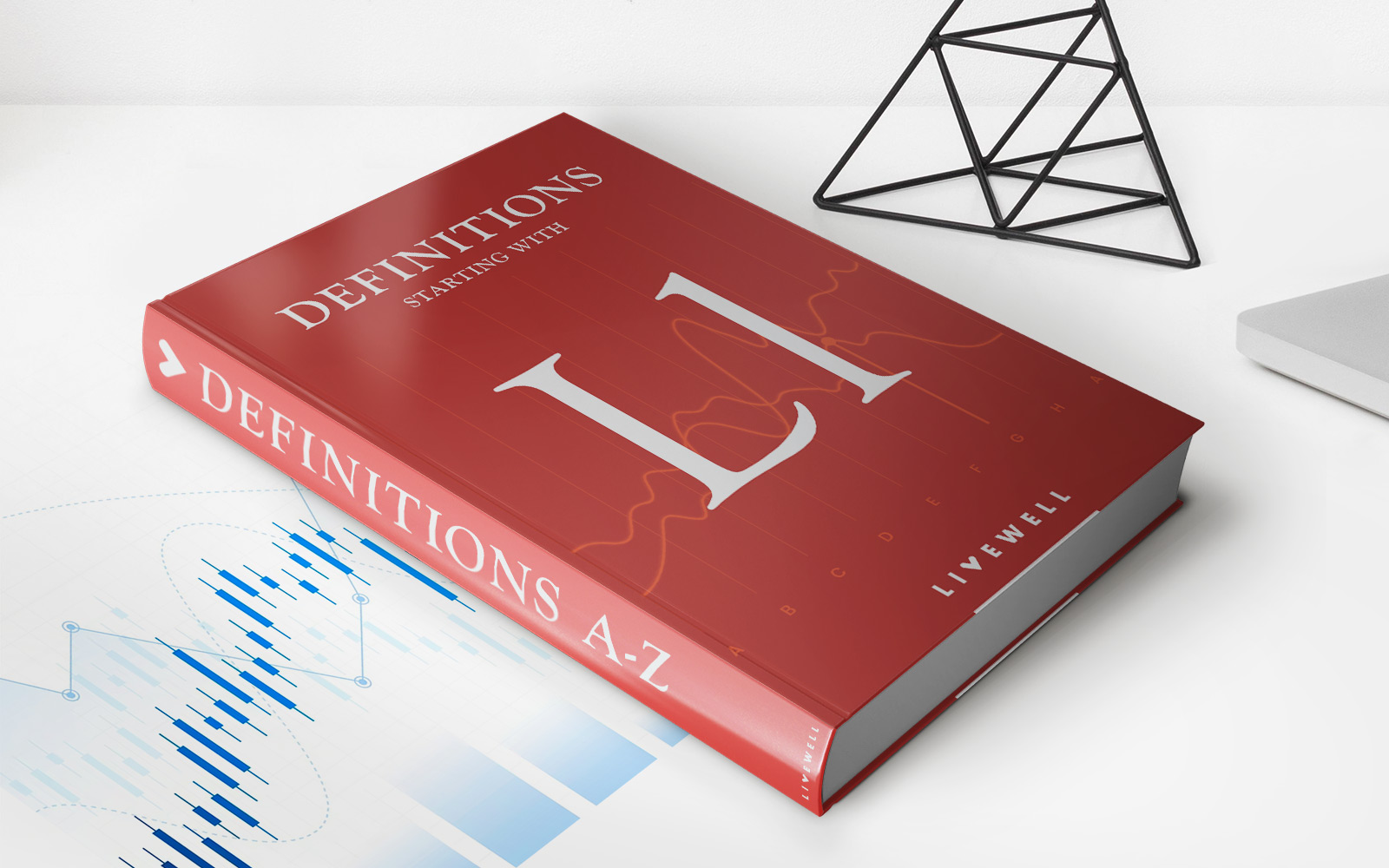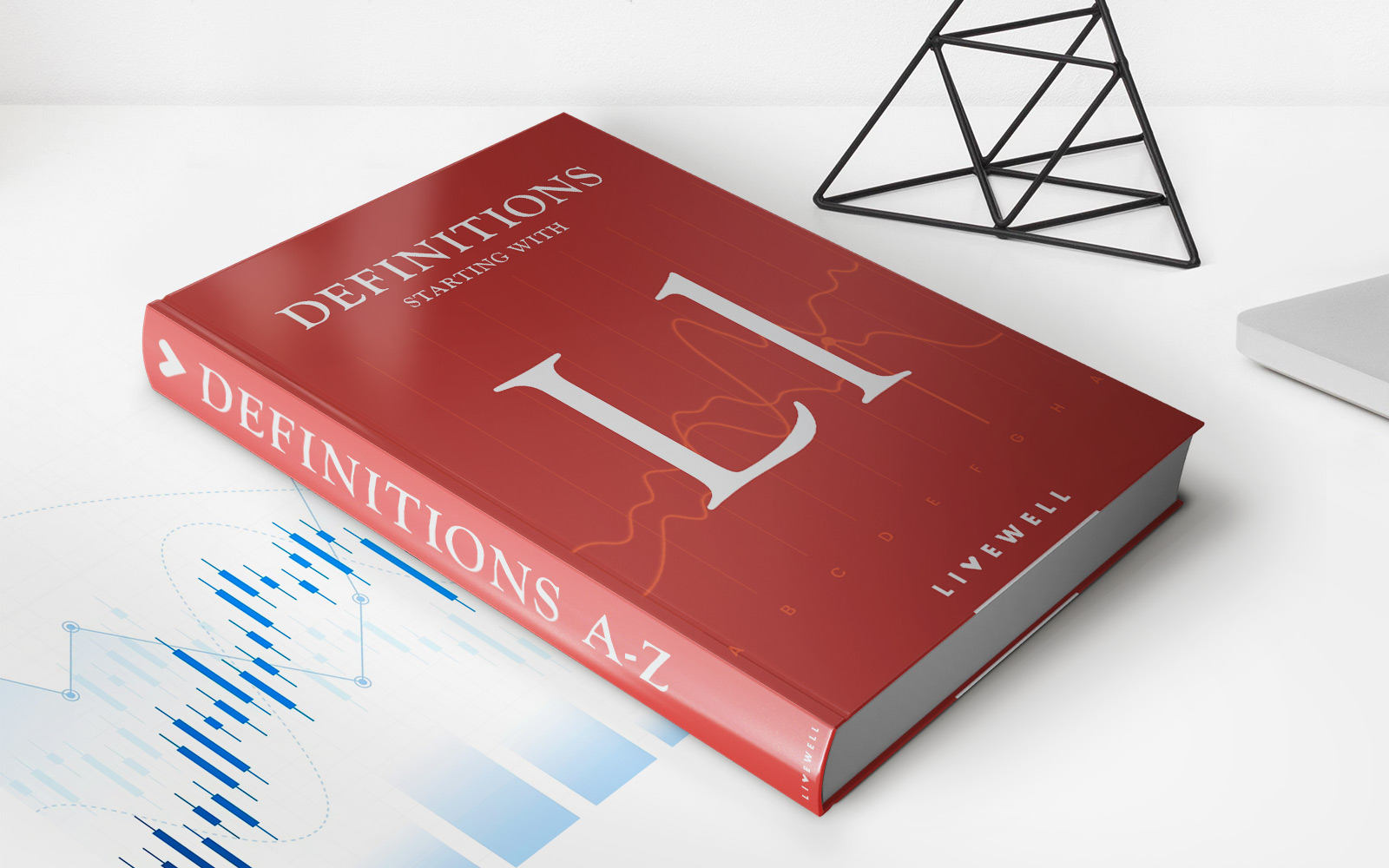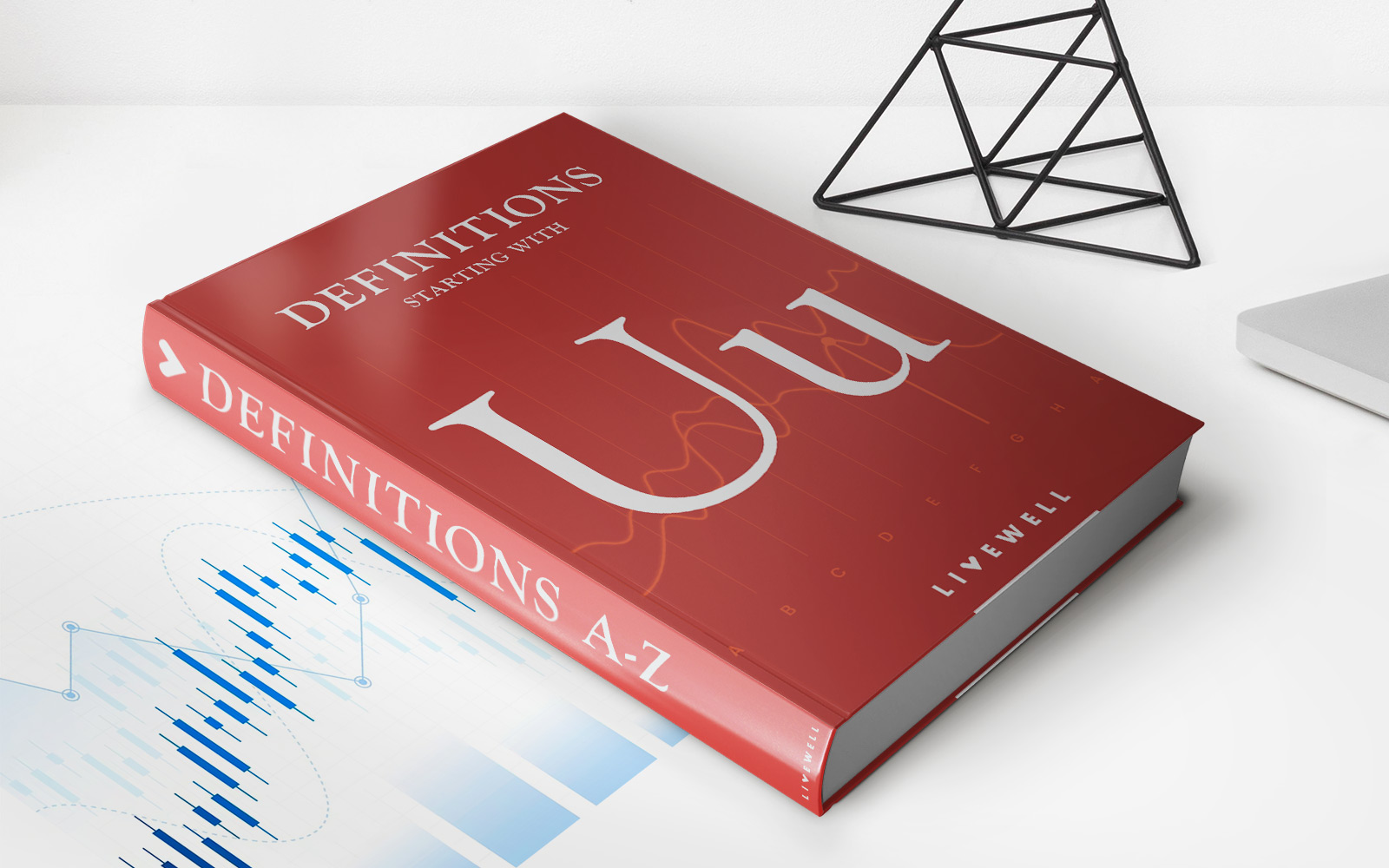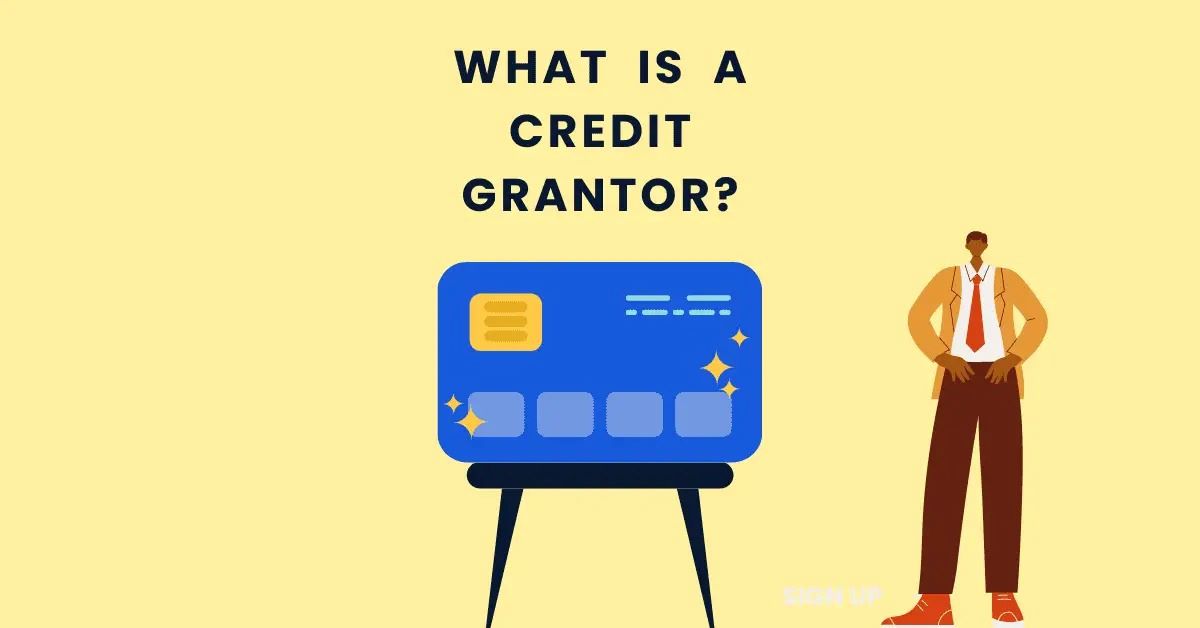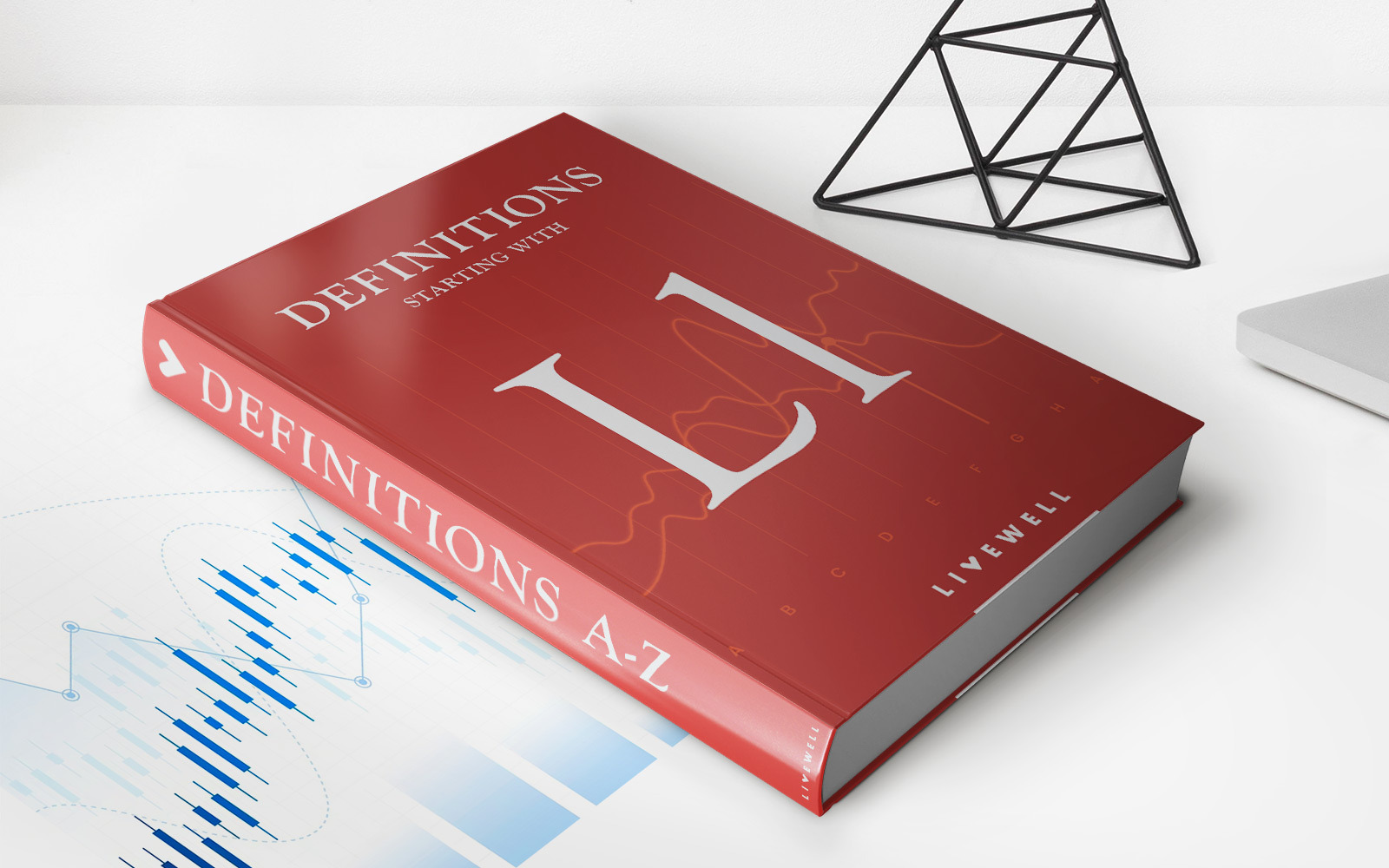

Finance
Altered Check: Definition, Example, Liability
Published: October 6, 2023
Learn the definition and example of an altered check in finance, along with the potential liability that comes with it. Explore the intricate details of altered checks in this informative guide.
(Many of the links in this article redirect to a specific reviewed product. Your purchase of these products through affiliate links helps to generate commission for LiveWell, at no extra cost. Learn more)
Altered Check: Definition, Example, Liability
Welcome to our FINANCE category, where we discuss various financial concepts and provide valuable insights for our readers. In this blog post, we will dive into the fascinating world of altered checks, exploring their definition, providing an example, and discussing the potential liabilities associated with them.
Key Takeaways:
- An altered check is a modified or tampered check that is changed by someone other than the issuer.
- Altering checks is illegal and can lead to severe consequences, including criminal charges and financial loss.
Now, let’s start by understanding what exactly an altered check is.
The Definition of an Altered Check
An altered check refers to a check that has been modified or tampered with by an unauthorized individual after it has been issued by the account holder. This alteration can involve changing the payee’s name, the written amount, the date, or any other crucial information on the check.
Alterations to checks are typically made with the intention to deceive or defraud the recipient or the banking system. Criminals may attempt to alter checks to obtain a larger sum of money, redirect the payment to a different payee, or extend the validity period of the check.
An Example of an Altered Check
Imagine you have issued a check to pay for a service you received from a reputable company. However, before depositing the check, the recipient’s name is changed by an unauthorized individual to another person’s name, who was not originally intended to receive the payment. This is a classic example of an altered check.
It is important to remember that altering checks is a form of fraud and illegal activity that should not be taken lightly. In the United States, for instance, altering a check is a criminal offense under state and federal laws.
Liability and Consequences
Once a check has been altered, the liability for the loss typically falls on the issuer of the original check, rather than the bank or the payee. The reason for this is that the issuer is responsible for maintaining the security of their checks and ensuring the accuracy of the information provided.
If a bank or the payee unknowingly accepts an altered check and suffers a financial loss as a result, the issuer may be held liable for that loss. Moreover, alterations to checks can lead to severe consequences, including criminal charges, fines, and imprisonment.
Protecting Yourself from Altered Checks
To safeguard yourself against the risks associated with altered checks, consider the following preventive measures:
- Always use secure methods to deliver checks, such as registered mail or direct delivery.
- Double-check the accuracy of all information on your checks before issuing them.
- Store your checkbook in a secure location, and never leave it unattended.
- Regularly monitor your bank statements for any suspicious activity and report it immediately.
By taking these precautions, you can minimize the chances of falling victim to altered checks and protect your finances from potential losses.
In Conclusion
Altered checks are a serious financial risk that can result in significant loss for the innocent parties involved. It is crucial to remain vigilant, understand the consequences, and take appropriate measures to mitigate the risks associated with altered checks.
Remember, the best defense is knowledge, so stay informed and stay safe. If you have any further questions or concerns about altered checks, consult with your financial institution or a legal professional for expert advice.
